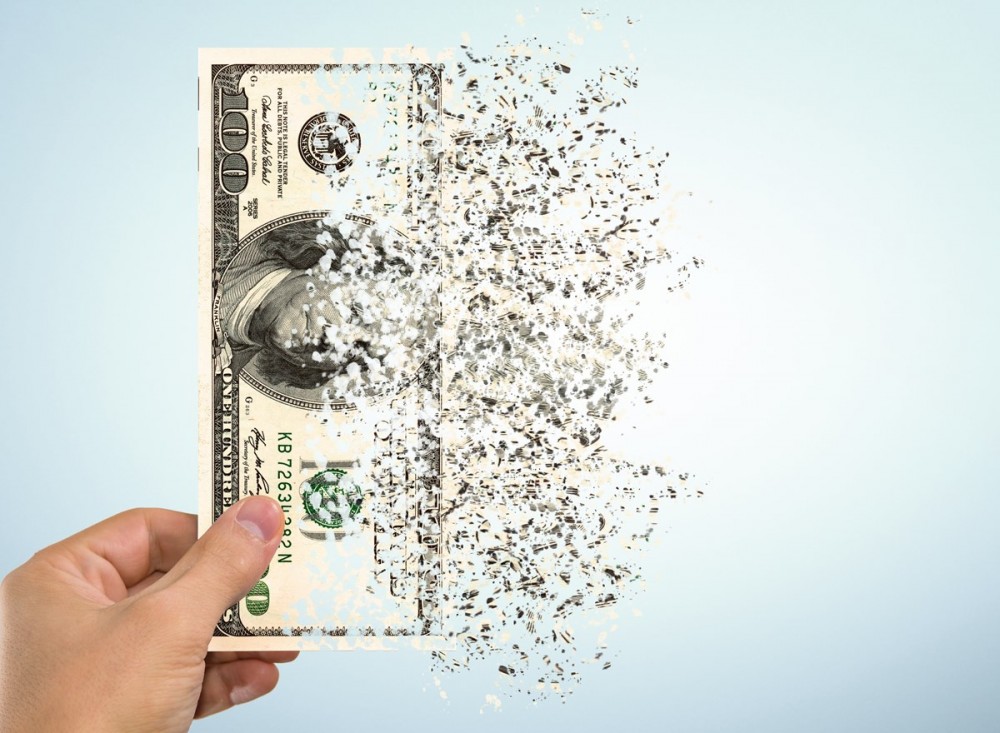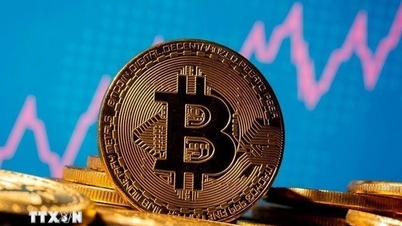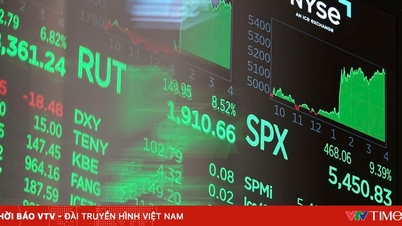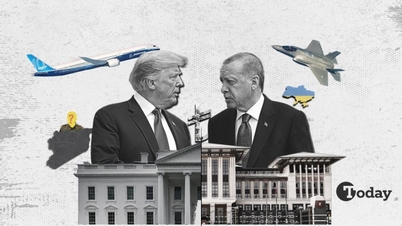 |
| US officials warn of the possibility of an economic recession if the government defaults. (source: Kitco) |
President Joe Biden is currently attending the Group of Seven (G7) Summit in Hiroshima, Japan.
On the same day, US Vice President Kamala Harris and top White House economic adviser Lael Brainard said that the world's largest economy would fall into recession if the scenario of the US government defaulting on its debt became a reality.
The warning was made by the US Vice President at a conference for social activists supporting the Democratic Party. She called on them to increase contact with lawmakers to express their opposition to the possibility of the US government defaulting on its debt - which could happen in less than two months.
White House negotiators and congressional Republicans met on Capitol Hill to find common ground in efforts to raise the debt ceiling, which currently stands at $31.4 trillion, and are expected to meet again on May 19 (local time), a White House official said.
Meanwhile, Ms. Brainard, director of the White House National Economic Council, said President Joe Biden's negotiating team has been instructed not to agree to any Republican proposals that would make it harder for Americans to access health care, or push any of them into poverty.
The administration's goal in the negotiations is to reach a reasonable bipartisan budget deal, Ms. Brainard stressed.
Democratic and Republican lawmakers are deeply divided on the issue of the US debt ceiling. While Mr. Biden urged the US Congress to quickly pass a bill to raise the debt ceiling to avoid the risk of default, Republican lawmakers proposed drastic cuts in government spending as a condition for passing the bill.
The concern is that both sides do not have much time left to negotiate as the US Treasury Department estimates that the country will hit its debt ceiling on June 1, leading to sharp cuts in government spending, including debt repayment.
Technically, the US debt ceiling hit $31.4 trillion in January 2023. The US Treasury Department then had to take "extraordinary measures" to ensure the federal government could continue to pay for government operations.
Source



![[Photo] Unique Phu Gia horse hat weaving craft](https://vphoto.vietnam.vn/thumb/1200x675/vietnam/resource/IMAGE/2025/10/10/1760084018320_ndo_br_01-jpg.webp)

![[Photo] Ho Chi Minh City is brilliant with flags and flowers on the eve of the 1st Party Congress, term 2025-2030](https://vphoto.vietnam.vn/thumb/1200x675/vietnam/resource/IMAGE/2025/10/10/1760102923219_ndo_br_thiet-ke-chua-co-ten-43-png.webp)
![[Photo] Opening of the World Cultural Festival in Hanoi](https://vphoto.vietnam.vn/thumb/1200x675/vietnam/resource/IMAGE/2025/10/10/1760113426728_ndo_br_lehoi-khaimac-jpg.webp)

































































































Comment (0)